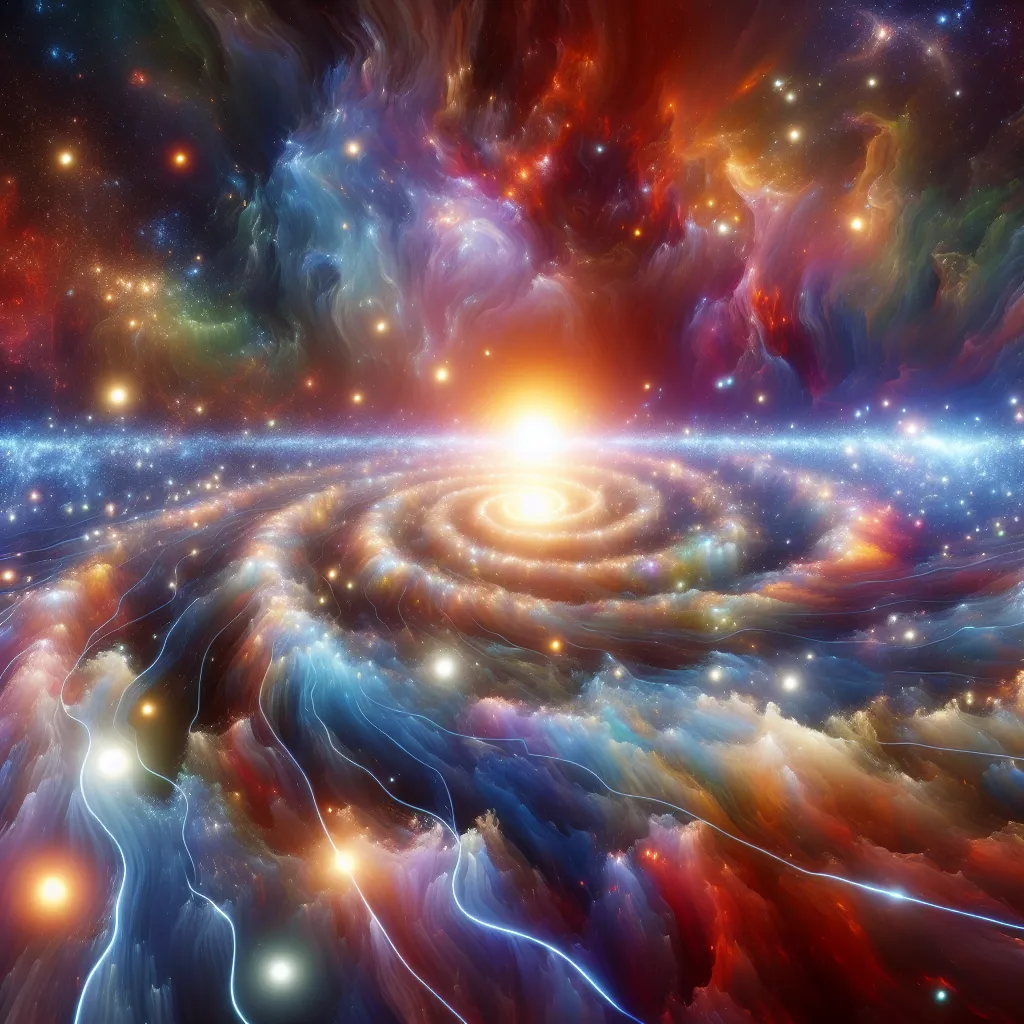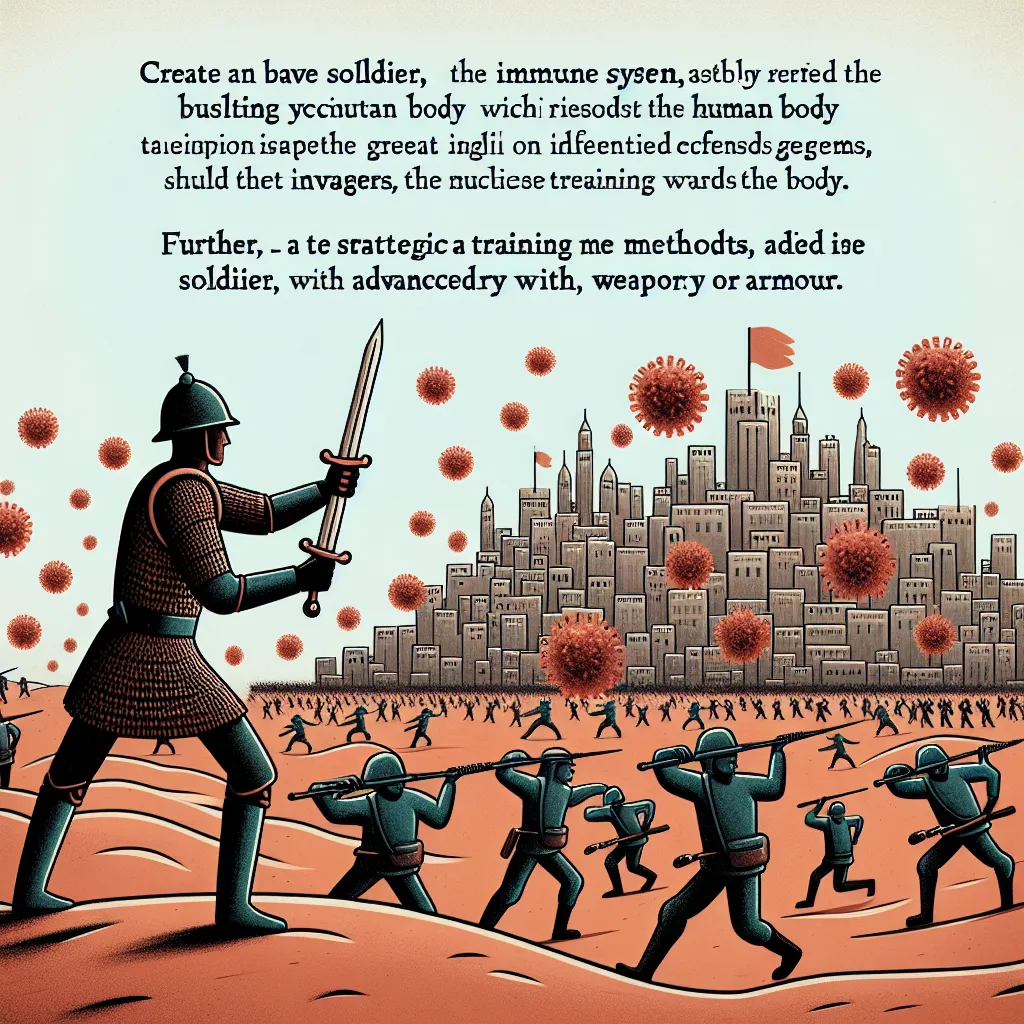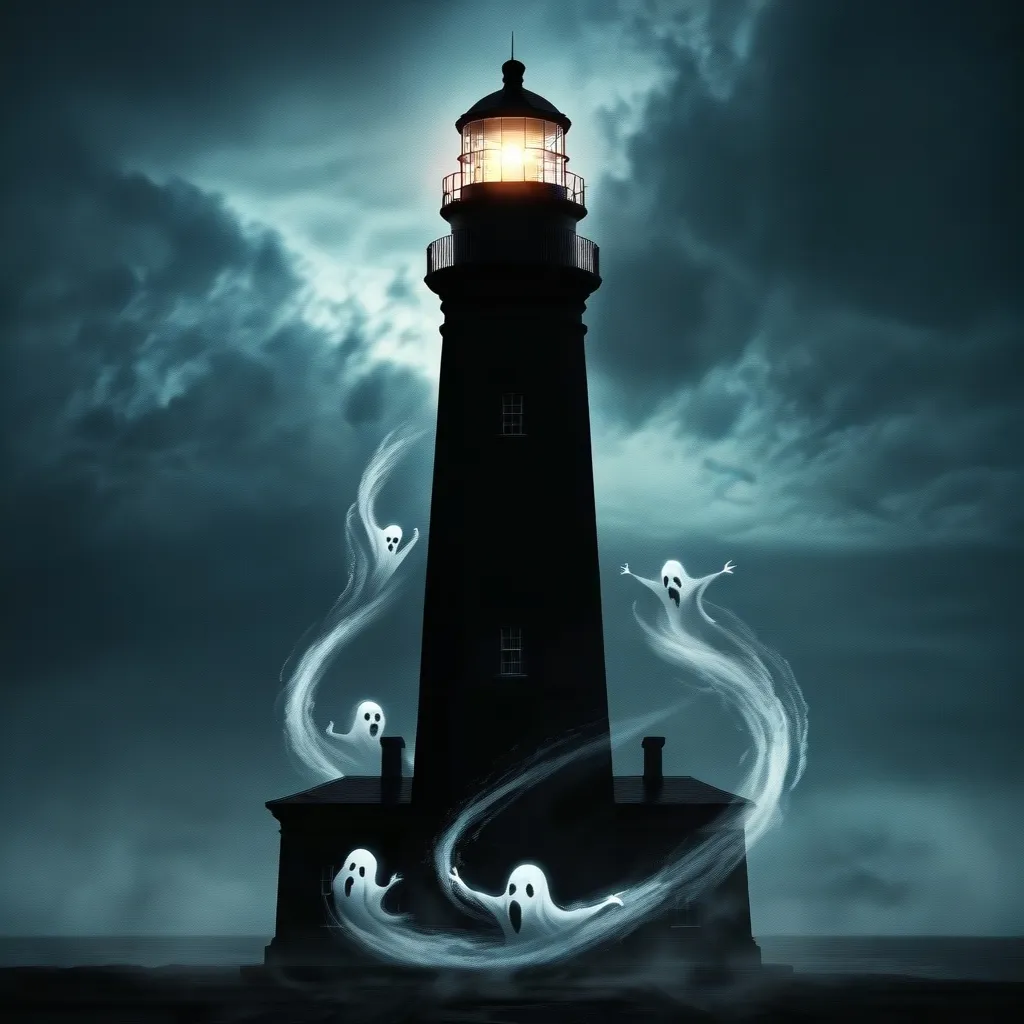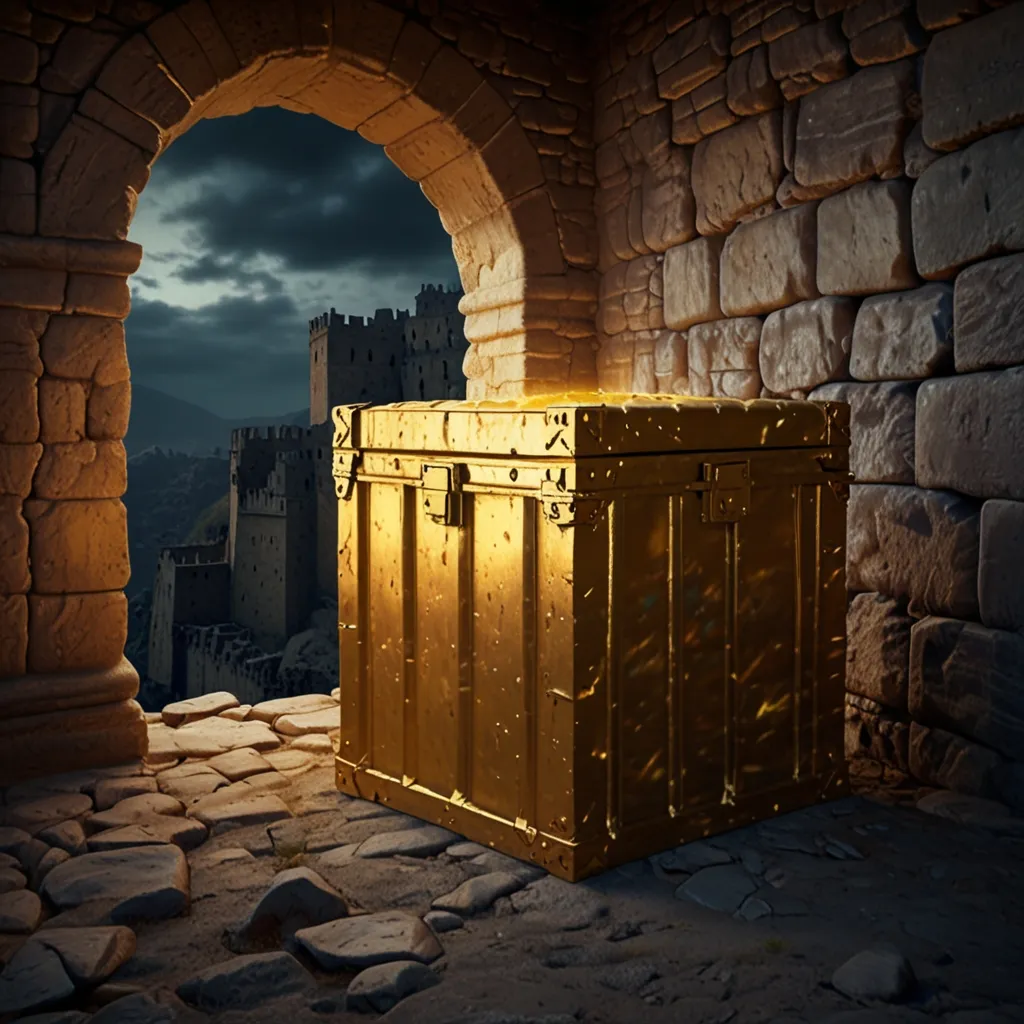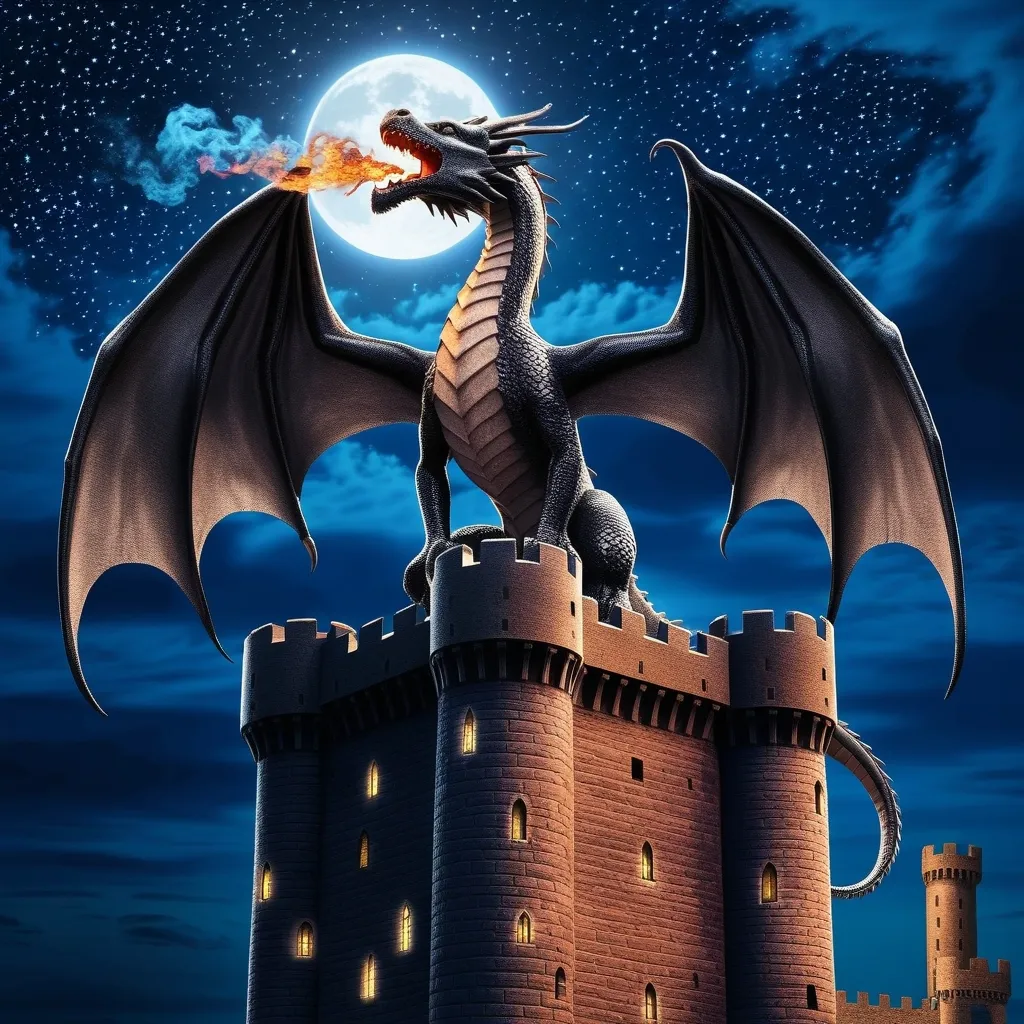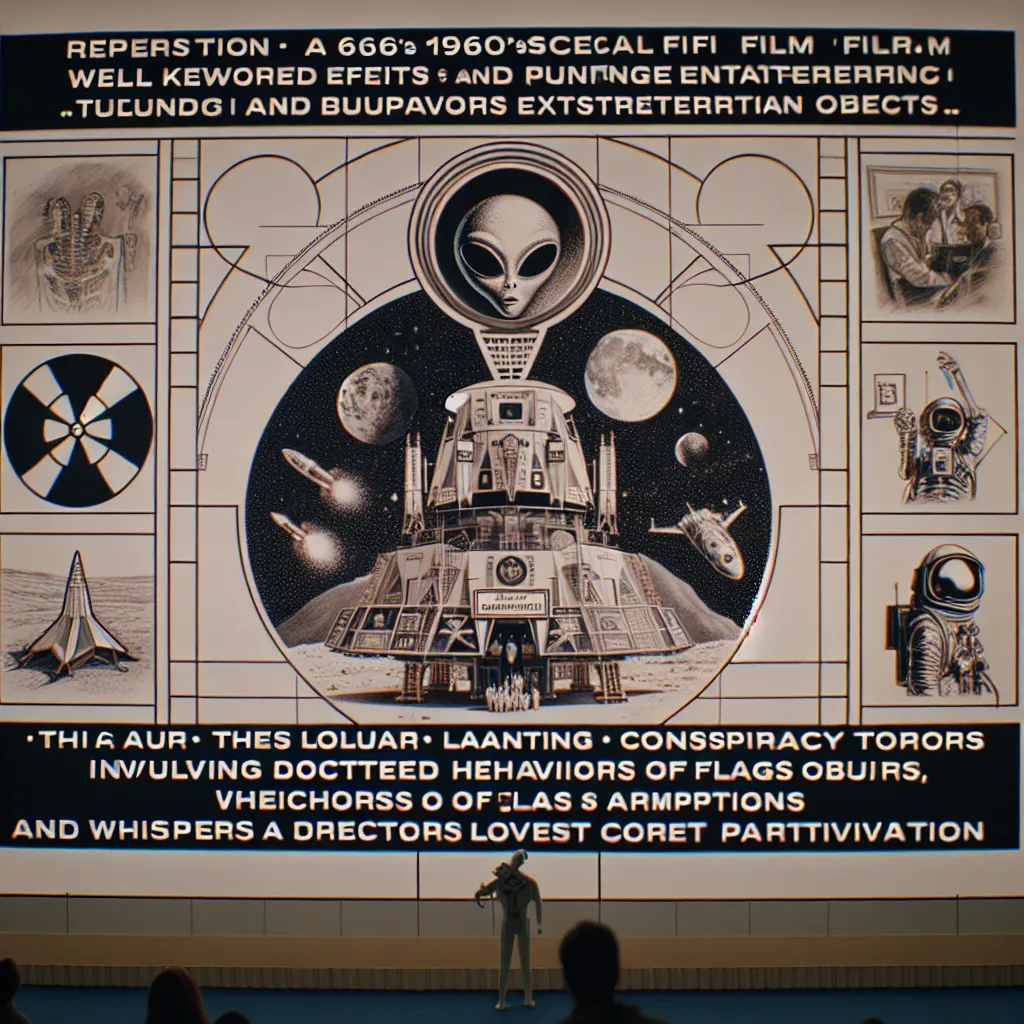Imagine this: the universe just popped into existence. That’s the Big Bang. Before the mid-20th century, scientists saw the universe as endless and timeless. But then came the game-changers: Einstein’s theory of relativity and Edwin Hubble’s discovery that galaxies are drifting apart.
Fast forward to 1964, and by sheer luck, we stumbled upon cosmic background radiation, a leftover from the early universe. That discovery helped solidify the Big Bang theory. With advances like the Hubble telescope, we’ve gotten a clearer picture of how everything started. Now, evidence suggests that the universe’s expansion is speeding up.
But what is the Big Bang, really? Forget the idea of an explosion. Think of it as space itself stretching everywhere all at once. The universe began incredibly small, ballooning to the size of a football in no time. It didn’t expand into anything because there is no “outside” the universe; it’s all there is.
In its early moments, the universe was hot and dense. Energy turned into particles that flickered in and out of existence. Quarks appeared, annihilated each other, and gave rise to more quarks and gluons. Matter and energy were nearly the same thing, co-existing in a searing hot environment. Eventually, matter won over antimatter, leaving us with the world we know today.
One second into its life, the universe had cooled enough for neutrons to decay into protons, forming the first atom: hydrogen. Picture a boiling cosmic soup at ten billion degrees Celsius, teeming with particles and energy. Things cooled rapidly, atoms formed, and we entered the Dark Age—a time with no stars and no visible light passing through the hydrogen gas.
After millions of years, hydrogen clumped together under gravity, birthing stars and galaxies. Their radiation transformed the hydrogen gas into plasma, allowing visible light to shine through. Finally, there was light!
Now, what about the very beginning, the actual Big Bang moment? Here, science hits a wall. Natural laws go haywire, and time becomes meaningless. To truly grasp this, we need a unifying theory of relativity and quantum mechanics, a puzzle scientists are still trying to piece together.
So many questions remain. Were there universes before ours? Is this the only one? What sparked the Big Bang? We might never know. But what we do understand is that the universe gave rise to stars, planets, and life—including us. We’re not just in the universe; we are the universe, experiencing itself. So let’s keep exploring, questioning, and discovering as much as we can.
